Do you experience knee pain when you squat? Help is on the way!
Here are three squat variations which will help take pressure off your knees, so you can still reap the benefits from a squat exercise without the pain.
Elevated Heels Squat
When done correctly, a squat is a powerhouse exercise that builds strength and mobility in your glutes and quads. Despite our best efforts, some of us still struggle with achieving the correct squat form. Surprisingly, this might actually be due to a lack of mobility in areas such as our ankles and calves.
Here’s an easy tip to help you improve your squat if mobility in your calves and ankles is an issue.
Place a rolled up towel under your heels. You can really use anything as long as it elevates your heels about 2 inches off the ground.
By elevating your heels the shin-to-foot angle changes, creating less dorsiflexion, which allows you to get deeper into a squat while keeping your upper body more upright.
Ball Squat
This squat variation uses a ball and is a great ball alternative for anyone who experiences knee pain during a squat.
Sometimes when knees come over the toes, it can cause discomfort in the front of the knee. Using the ball allows you to sink further back and change the loading.
Spanish Squat
Another alternative for anyone experiencing knee pain, mainly patellofemoral pain, when doing squats. The Spanish squat puts more emphasis on the glutes and less on the quads, which helps to alleviate any stress on the knee.
Start by attaching a heavy looped band to something sturdy and then wrapping it around your legs, just below your knees.
With the support of the band, allow yourself to sit back a bit more into a squat position.
Again, this exercise is very glute dominant, so the further you sit back, the better.
Don’t worry about going too deep, just work within your range of motion.





